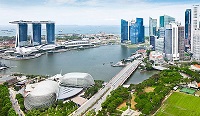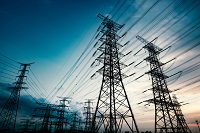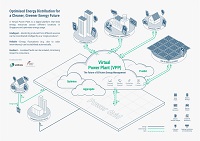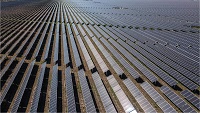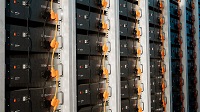In his letter, “With SP Group operating national power grid, how competitive will prices be in open market” (April 5), Mr Francis Cheng Choon Fei said that the Government should regulate the prices charged by SP Group and power generation companies for the grid services provided and electricity sold respectively.
The Energy Market Authority (EMA) regulates the energy sector to protect the interests of Singapore consumers. EMA also safeguards reliable energy supply to Singapore consumers and promotes effective competition in the energy market.
SP Group is licensed by EMA to develop and operate the national grid that delivers the electricity produced by power generation companies to all consumers.
The grid charges that SP Group can impose are regulated by EMA to ensure that SP Group delivers reliable electricity supply at reasonable prices to all consumers.
All power generation companies need to compete in the Singapore Wholesale Electricity Market to generate and sell electricity on a half-hourly basis. This ensures that all electricity retailers, who buy electricity in bulk from the Singapore Wholesale Electricity Market at wholesale prices, have access to competitively priced electricity.
To further promote competition, EMA introduced the electricity futures market in 2015. The electricity futures market allows the retailers without generation assets (ie. independent retailers) to hedge their price risks and compete effectively in the retail electricity market.
We thank Mr Cheng for his feedback and assure him that EMA will continue to safeguard consumer interests in the open electricity market.
Soh Sai Bor (Mr)
Assistant Chief Executive (Economic Regulation)
Energy Market Authority
With SP Group operating national power grid, how competitive will prices be in open market? - Francis Cheng Choon Fei
6 April 2018
The opening of the electricity market via soft launch in April raises a few questions of public interest, about whether it is indeed in the name of market competition.
First, the electricity produced by the power generation companies requires utility provider SP Group to transmit and distribute it to consumers through the national power grid.
That means, SP group will charge these power generation companies for the facilities and infrastructure use to transmit and distribute electricity via, for example, switchgears, transformers, transmission/power and distribution cables and, in future, the underground tunnels that SP Group will use for cables and other equipment.
Because there is the one and only power grid on this island, it is a “natural monopoly”, meaning it is economically not viable to have more than one grid to compete. Hence, these power generation companies would have to accept whatever fees set by SP group without much or any bargaining power. The costs would be passed on to consumers or retailers authorised to resell electricity.
For such a situation, it should then be regulated, just like how the Energy Market Authority regulates electricity tariffs. The authority should do more, perhaps audit and approve how much SP Group will charge the power generation companies for the transmission and distribution of electricity?
Apart from this, there are now more players in the mix: The power generation companies can sell electricity, and there are also retailers which are not power generation companies but buy electricity from these companies to resell to consumers.
Because these power generation companies also sell directly to consumers, they are the first movers, unlike resellers which act as “middlemen” buying and selling electricity. These power generation companies will therefore have a competitive advantage in terms of pricing and plans.
Presently, some telecommunication service providers lease broadband from Singtel. Singtel’s lease and price agreements are governed by the Info-communications Media Development Authority as the regulator.
On that basis, a similar arrangement should exist between a regulator and the resellers which are not power generation companies, to ensure no first-mover price advantage.
As Singapore opens up the electricity market, we need to ensure consumers and small-time retailers are not shortchanged because of the above circumstances. The authorities should discourage any arrangement where dominant players thwart competition and market forces.
